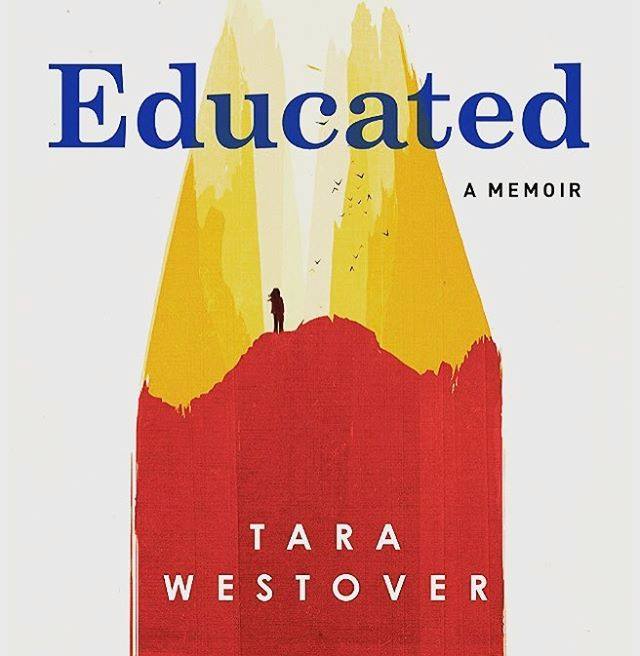Beyond the Bechdel Test, I’ve found that my standards for gender equality in books are basically nonexistent. In honor of International Women’s Day, here are five refreshing books, written by women from different eras, some meant to provoke, some meant to entertain.
“Educated” by Tara Westover
The gripping memoir details how one woman’s perseverance got her out of the mountains of Ohio — away from her mentally ill father, abusive brother and absent mother — and to the University of Cambridge, where she earned her masters degree. Tara Westover was born to survivalist parents. She was pulled out of school and spent searing afternoons working her father’s forklift. Westover’s father feared anything the government touched, homeschooled her and her siblings and forced Westover’s mother to become a midwife for other survivalist families. Deeply vulnerable and shockingly honest, “Educated” makes us flinch, cry and rejoice with Westover as she navigates the daunting waters of her life.
“The Cost of Living: A Working Autobiography” by Deborah Levy
In the midst of redefining herself, or maybe defining herself for the first time, Deborah Levy explores what womanhood means to her as a middle-aged mother of two in the heat of a divorce. Opening the book with an overheard interaction between a silver-haired man and the young woman toward whom he was making advances, Levy’s memoir is deeply observational and perceptive. While Levy does not end her memoir with any more understanding of womanhood or identity, she closes with newfound awareness of her strength — both in her life and her writing.
“Little Fires Everywhere” by Celeste Ng
A stunning exploration of motherhood, Celeste Ng’s novel begins with a house fire, and is spent finding out who started it. In Cleveland suburb Shaker Heights, artist and single mother Mia Warren arrives with her teenage daughter Pearl and rent a house with successful Richardsons. The family soon becomes obsessed with Mia and Pearl, despite Mia’s mysterious pasts. Then, family friends of the Richardsons attempt to adopt a Chinese-American baby, introducing a contentious custody battle that puts Mia and the Richardsons on opposing sides. Ng explores matriarchy and motherhood in the context of three different families but never fails to give a voice to even the smaller characters. Focusing on class, race and family, “Little Fires Everywhere” is both intersectional and somehow not political in nature. Without explicitly asking the reader to be an activist, or succumbing to the superwoman trope that plagues every piece of literature that tries to be feminist, Ng embodies 21st century feminism — allowing women to just be.
“Assata: An Autobiography” by Assata Shakur
In a raw homage to her life, Black Panther Assata Shakur revisits her years as an activist in the United States. The chapters alternate between the years leading up to the New Jersey Turnpike shooting after which she was indicted for aiding and abetting the murder of a state trooper and her time in jail. Shakur draws parallels between her experiences as a revolutionary and the moments that made her become one. The book divulges Shakur’s experience with the American prison system, where she was tortured by policemen and left in an all-male prison while awaiting her trial. Her plight, not only as a woman, but as a Black woman in the 1960s, is agonizing to read, making it all the more important.
“Salt” by Nayyirah Waheed
Waheed’s collection of poems confront loss, heartbreak, pain and disassociation. Only instead of pity or self-indulgence, I feel strength. Waheed’s resilience translates beautifully in her three-to-four-line poems. Decorated with periods and punctuation, her self-published book was considered the inspiration for Rupi Kaur’s “Milk and Honey.” Addressing pivotal issues of both race and gender inequality, Waheed’s poems are soft and gritty, aflame and assuaged.
Email Aashna Agarwal at [email protected].


























































































































































